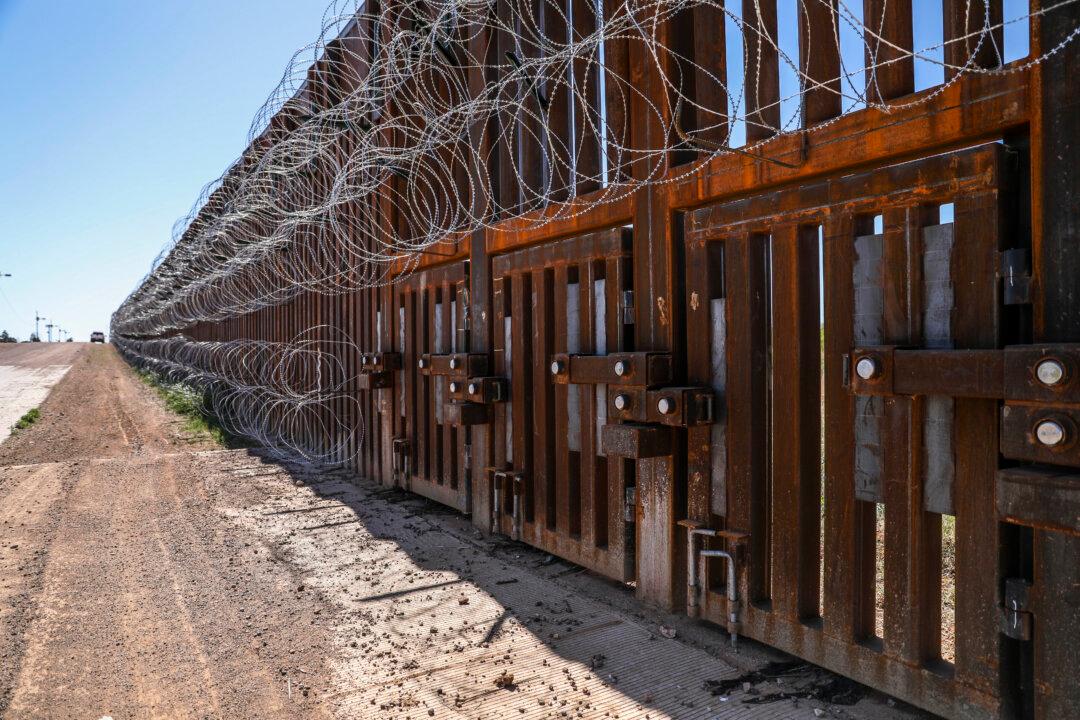The Senate didn’t get enough votes to override President Donald Trump’s veto of a resolution that, if it had gone through, would have ended the emergency declaration that included an order to use national security funds to build the wall at the southern border.
The vote on Thursday was 53-36.





